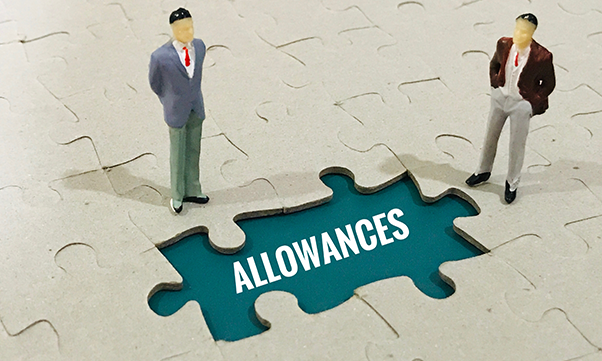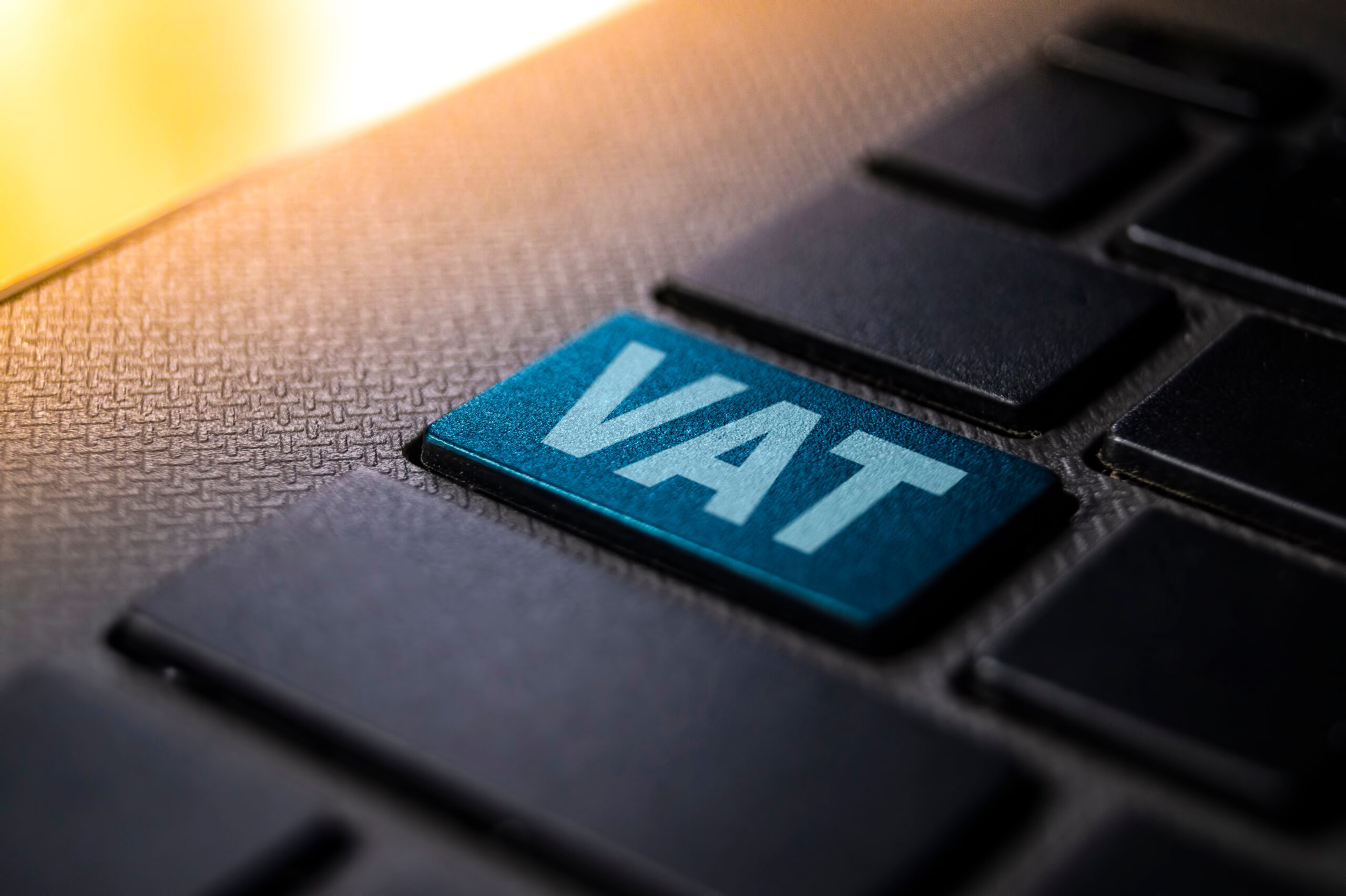Business Solutions For Every Client's Needs
Our wide range of services helps companies build, grow, and improve performance
At Pays Dividends, we understand the complexities of financial management and the importance of accurate, timely information. Our services include bookkeeping, tax preparation and planning, payroll management, financial reporting, and business consulting.
We utilize the latest technology and adhere to the highest standards of integrity and confidentiality to ensure your financial information is handled with the utmost care
Leveraging financial data to inform strategic decisions, ensure financial stability
Building a stronger company through accounting involves leveraging financial data to inform strategic decisions, ensure financial stability, and drive growth.
Here are several key insights on how accounting can contribute to building a stronger company:


Allowances
Some ‘Highlights” below;
- Standard tax allowance for 24-25 tax year is £12,570
- Income Tax 20% up to £37,700 taxable after allowing for personal allowance
- 40% from £37,701 to £125,140 and then 45% above that
- National Insurance for Employees – Nil up to £12,570 and then 8% above that up to £50,270
- National Insurance for Employers – Nil up to £9,100 then 13.8%
- Employment Allowance is £5,000 but you are not eligible if you only have 1 employee paid above £9,100/annum and that employee is a Director
- Dividends tax free allowance is now only £500/annum with 8.75% tax on dividends above that for a basic rate taxpayer and 33.75% for a higher rate tax payer
- Capital Gains Tax – Allowance is now only £3,000/annum with an 18% tax rate for a basic rate taxpayer and 24% for a higher rate taxpayer if it’s for residential property.
If you are in doubt and want to talk to someone, please give either of us a call
Call –Tim: 07875 410466
Call – Nic: 07985 645087
Well, there’s a few of these and you’re welcome to view them all on this link :
Property Tax
If you own property, this could either be individually or through a Limited Company. If you have the one property you own and rent out, you’re probably better owning this individually and paying Income Tax, as long as you’re a basic rate tax payer.
However, if you have more than one property or intend to grown your portfolio, it’s better to operate through a Limited Company. Why? Well, if you have two or more properties, you may be paying some tax at the higher rate of 40%, whereas operating under a Limited company, profits are taxed at 19% up to £50,000 and 25% over £250,000 with a marginal rate relief in between – but all less than the 40% you would pay.
There’s a but (of course!) as if you own properties now and want to sell them to the Limited company you could incur stamp duty, so look at purchasing only new property through the company instead. There is also no tax allowance under a Limited company, whereas there is if you own it yourself. Finally, mortgages may be more expensive under a Limited Company, so a few things to consider
If you are in doubt and want to talk to someone, please give either of us a call
Call –Tim: 07875 410466
Call – Nic: 07985 645087


Making Tax digital
Making Tax Digital” (MTD) HMRC initiative that aims to transform the tax system by making it more effective, efficient, and easier for taxpayers to manage their taxes. The primary objective of MTD is to digitise the tax process, thereby reducing errors, making compliance easier, and improving the overall efficiency of the tax system.
Under MTD, businesses and individuals are required to keep digital records of their income and expenses using compatible software. They must also use digital tools to submit their tax returns and interact with HM Revenue and Customs (HMRC).
The initiative was introduced gradually, with different deadlines for various types of taxpayers and taxes. VAT was moved to MTD from 2019 with all VAT returns now being submitted using digital software. Other taxpayers, such as self-employed individuals and landlords, are now due to be brought into MTD in phases from 6 April 2026.
Overall, MTD represents a significant shift in how tax reporting and compliance are conducted in the UK, with the aim of simplifying processes and reducing the burden on taxpayers while enhancing the effectiveness of tax administration.
If you are in doubt and want to talk to someone, please give either of us a call
Call –Tim: 07875 410466
Call – Nic: 07985 645087
Interest on savings
Tax is due on interest earnt from certain investments, and with increases in interest rates more tax payers are now required to declare and pay tax in interest earnt.
- Personal Savings Allowance (PSA): Most individuals are eligible for a PSA, which allows them to earn a certain amount of interest tax-free each year. The amount of the allowance depends on the individual’s tax bracket: for basic rate taxpayers, the PSA is £1,000, for higher rate taxpayers, it’s £500, and additional rate taxpayers don’t receive a PSA.
- Taxable Interest: Any interest earned above the PSA threshold is generally subject to income tax. This taxable interest is added to the individual’s total income for the tax year and taxed at the applicable income tax rates.
- Interest not subject to tax: Individual Savings Account (ISA): Interest earned within an ISA is typically tax-free, meaning it doesn’t count towards the individual’s PSA or income tax liability. National Savings and Investments (NS&I): Some savings products offered by NS&I may be tax-free, such as Premium Bonds, while others may be subject to income tax.
It is the responsibility of tax payers to declare interest earnt where tax is due. Tax laws and regulations can be complex and subject to change, so seeking advice from a tax professional or referring to HMRC’s guidance is advisable for ensuring compliance with tax obligations.
If you are in doubt and want to talk to someone, please give either of us a call
Call –Tim: 07875 410466
Call – Nic: 07985 645087


Payroll or not – and what about pensions?
If you have an employee and they are paid more than £6,396/annum then you should apply for a PAYE reference and run a payroll, keep records and send regular submissions to HMRC. You must also pay PAYE and National Insurance ,due by certain deadlines.
If you are the sole Director of a Limited Company and not paying yourself a salary, then there is no requirement to do this.
Let’s suppose you are a Director and Shareholder in your Limited Company, paying yourself a basic salary and taking some dividends, then you will also be paying Corporation Tax. There are ways you can reduce your Corporation Tax but still benefit yourself, such as having the company pay in to a pension scheme for you. There are limits and you don’t want to pay more in than you have profits before tax if you have taken dividends but please talk to a Financial Advisor about which pension scheme and then to either of us about how much and when!
Call –Tim: 07875 410466
Call – Nic: 07985 645087
Capital or Expense?
So what’s the difference and how do I know which is which?
Generally, the rule of thumb is that if the item being purchased has a useful life of more than 1 year, then it’s capital and you would depreciate the cost over the useful life of that asset. For example, a laptop might be between 3 and 5 years or a piece of machinery might be 5 to 20 years.
Repairs would usually be expensed in the year, unless it’s to improve a property that is already capitalised.
If you are in doubt and want to talk to someone, please give either of us a call
Call –Tim: 07875 410466
Call – Nic: 07985 645087


VAT Registration
VAT Registration:
- Threshold: Businesses must register for VAT with HM Revenue and Customs (HMRC) if their VAT taxable turnover exceeds the registration threshold of £90,000. Turnover is measured on a rolling 12 months with registration normally required by the end of the month following the month where the threshold was exceeded.
- Voluntary Registration: Where a business’s turnover is below the threshold, it can choose to voluntarily register for VAT. This may be advantageous for businesses that want to reclaim VAT on their purchases or appear more credible to customers.
- Process: To register for VAT, businesses need to apply to HMRC, either online or by submitting a paper application. They will receive a VAT registration number upon successful registration.
VAT Deregistration:
- Threshold: Businesses can apply to deregister for VAT if their VAT taxable turnover falls below the deregistration threshold of £88,000.
- Process: Businesses can apply for VAT deregistration online through their HMRC online account or by submitting a paper application. Once HMRC approves the deregistration request, the business will cease to be VAT registered from the effective date specified by HMRC.
Implications:
- Invoicing: VAT-registered businesses must charge VAT on their sales (output VAT) and include their VAT registration number on invoices. Once deregistered, they can no longer charge VAT or reclaim VAT on purchases.
- Filing and Reporting: VAT-registered businesses must submit VAT returns to HMRC under MTD using recognised accounting software.
If you are in doubt and want to talk to someone, please give either of us a call –Tim on 07875 410466 or Nic on 07985 645087
Call –Tim: 07875 410466
Call – Nic: 07985 645087
Corporation Tax
In the UK, corporation tax is a tax on the taxable profits of limited companies and other corporate entities. Here’s an overview of corporation tax and the tax bands in the UK:
- Corporation Tax Rate: The corporation tax rate is applied to the taxable profits of companies. The rate can vary depending on the level of profits and any applicable reliefs or exemptions.
- In April 2023, HMRC increased the main rate to 25% for companies with profits exceeding £250,000. Smaller companies with profits up to £50,000 would continue to be taxed at the current rate of 19%, with tapering relief available for profits between £50,000 and £250,000
- Marginal Relief: Companies with profits falling between the thresholds for the main rate and the small profits rate are eligible for marginal relief, which effectively reduces the amount of corporation tax payable. The impact of marginal relief is to create an effective tax rate of 26.5% for profits between £50,000 and £250,000.
- Tax Planning: It is important for companies to consider when to claim reliefs to ensure the optimum tax relief. For example B/F losses can be carried forward and relieved in years where profits fall into the marginal tax band. Similarly Capital Allowances can be claimed in the year maximising tax relief.
If you are in doubt and want to talk to someone, please give either of us a call –Tim on 07875 410466 or Nic on 07985 645087
Call –Tim: 07875 410466
Call – Nic: 07985 645087

